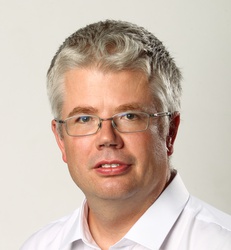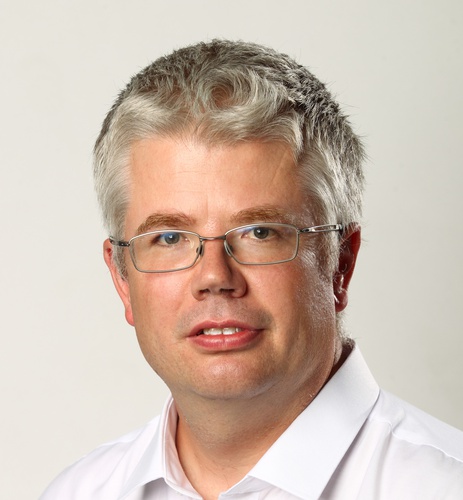This week we have a guest, Doc. Mgr. Martin Hrubý, PhD, from the Institute of Macromolecular Chemistry, Czech Academy of Sciences. He will speak about Supramolecular stimuli-responsive polymer
systems for theranostic applications.
Self-assembly of molecules into complex supramolecular units with qualitatively new properties is in the chemical foundations of life and is the essence of the ability of living organisms to react to the external environment - irritability. Classical examples of such supramolecular structures are the cytoplasmic membrane formed by phospholipids, nucleic acids or multienzyme complexes formed by several enzymes catalysing subsequent reactions on a single substrate. Understanding these mechanisms enables targeted chemical synthesis of analogous systems based on tailored polymers not only for biomedical applications.
A specific case occurs when the hydrophobic part of the molecule, or the part of the molecule responsible for self-assembly significantly changes its physico-chemical properties, such as solubility in water, by the action of an external stimulus (changing temperature, pH, etc.). Then the self-assembly of such a system is controlled by this external stimulus and we are talking about systems sensitive to external stimuli. It is a certain, albeit much simpler variant of one of the life-defining qualities - irritability. Several such systems designed for biomedical applications will be presented in the lecture.
The lecture will take place in person, in the hall CH3, Faculty of Science, Hlavova 8, Praha 2.


